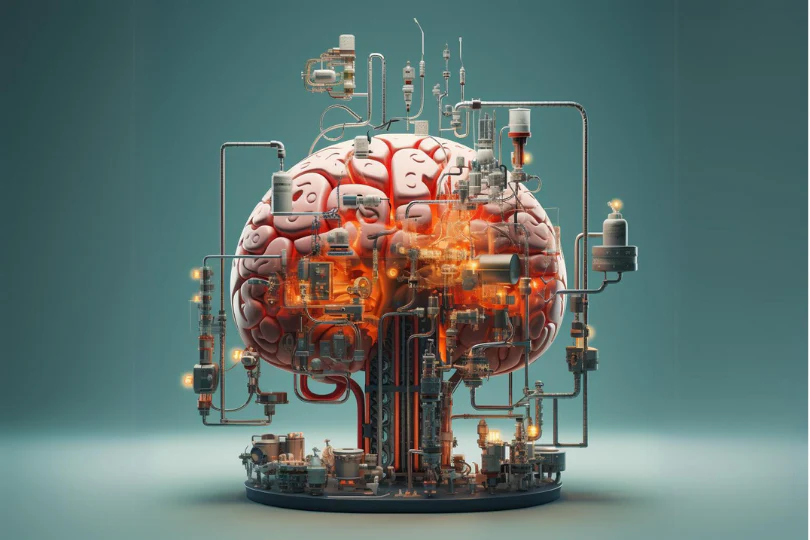How Genetics Influence Mental Health: A Psychiatric Perspective

Psychiatry explores the complex relationship between our biological makeup and mental well-being. While mental health conditions result from multiple factors, genetics plays a significant role in determining who might develop certain psychiatric disorders. Research in this field helps us understand how inherited traits influence mental health outcomes and informs treatment approaches.
Genetics & Mental Conditions Link
Mental health conditions can run in families, creating unique challenges. Depression affects millions worldwide, with genetics playing a role in increasing the risk. This illustrates the intricate relationship between genetics and environmental factors in influencing mental health.
Similarly, anxiety disorders often have strong genetic links. Conditions like panic disorder, generalized anxiety, and social anxiety tend to run in families. Specific genes that influence how our brains respond to fear and stress.
Autism spectrum disorders also have genetic components. Multiple genes work together to influence brain development and social communication skills. When one child in a family has autism, their siblings are at a higher risk of also being on the spectrum.
Genes & Shared Risks
Mental health conditions often run in families, suggesting they share common genetic roots. Depression and anxiety can occur together, pointing to overlapping genetic factors. Certain regions of the brain may also be linked to multiple psychiatric conditions. These shared genetic factors help explain why some people develop more than one mental health disorder over their lifetime. Understanding these connections, from a clinical psychiatry perspective, can lead to more targeted and effective treatment strategies.
Factors From the Environment
Genetics lay the foundation for our health, but environmental factors determine whether these genetic predispositions become active conditions. Childhood trauma, chronic stress, and significant life changes may trigger genetic issues in susceptible individuals. The way genes interact with the environment influences mental health outcomes.
Genetics also sheds light on how our experiences influence the way our bodies and minds function. Stress hormones can modify gene activity, potentially affecting not just us but future generations. This helps explain why traumatic experiences sometimes leave lasting effects beyond the individual who endured them.
Importance of Counseling
Genetic counseling helps families understand their mental health risks and make informed decisions. Counselors might explain how hereditary factors contribute to psychiatric conditions while addressing concerns about passing conditions to children. This knowledge enables individuals to take proactive steps for their mental wellness.
Professional counselors also may help interpret genetic testing results when available. They can provide context for complex genetic information and discuss implications for treatment planning. Understanding genetic risk factors allows for earlier intervention and more personalized care approaches.
Get Help From Psychiatry Services
Modern psychiatry integrates genetic knowledge with comprehensive treatment planning to inform effective care. Mental health professionals use family history information to identify potential risks and select appropriate interventions. This approach leads to more effective treatment outcomes and better long-term management. Recognizing genetic predispositions enables families to monitor for early warning signs and seek help promptly when symptoms appear. If you have concerns about mental health or family history, reach out to qualified psychiatric professionals. Contact a local mental health clinic or speak with your primary care physician about referral options.
- What to Expect When Visiting a Foot and Ankle Specialist
- Causes of PTSD
- The Link Between Plantar Fasciitis and Weight Gain: What You Need to Know
- How Pet Ownership Can Positively Impact Life with Fibromyalgia
- The Importance of Stretching and Flexibility in Sports Medicine
Dr. Emma Green is a health and wellness expert with over 10 years of experience in nutrition and fitness. Passionate about helping others live their healthiest lives, Dr. Green shares practical advice on wellness, nutrition, and sustainable living through LivingSpristine.






